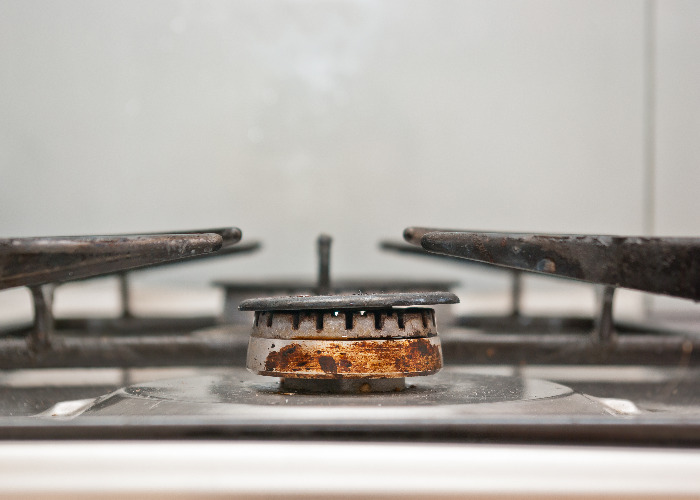Gas Safety Week 2016: how safe are your gas appliances?

Gas appliances that have stopped working properly or were poorly fitted can be a health hazard and also end up costing you a lot of money. How safe are yours?
Most households have a certain number of gas appliances which are used on a daily basis. But if they’re not fitted properly or maintained they can cost a lot of money and be a real safety risk.
Unsafe gas appliances put you at risk from carbon monoxide poisoning, gas leaks, fires and explosions.
That’s why the people from the Gas Safe Register are dedicating this week (September 19-25) to making sure we are all aware of the potential dangers which could be lurking in our cooker or gas fire.
Gas safety checks
To make sure all your gas appliances - such as fires, boilers, wood burners or cookers - are working safely and cost efficiently, you need to arrange annual services and safety checks.
If you rent your home, ask for a copy of the landlord’s current Gas Safety Record.
A registered engineer will come to your house and perform a series of checks, such as making sure appliances are on the right setting and burning with the correct pressure, checking ventilation routes are clear and working and that harmful gases are being removed from your house.
They will also give you advice on when you need to replace an appliance and produce a report detailing exactly what state your items are in.
Signs you need to book a safety test
There are a number of early warning signs that your gas appliance may need to be checked out.
Keep an eye out for a lazy yellow flame instead of a crisp blue, as well as black marks or stains on or around your cooker.
Increased condensation in a room or a pilot light which keeps going out are also indicators that you need to get things inspected.
Get a safety check for free
Although these checks generally involve you booking and paying for the engineer, there is a chance you might be able to get the whole thing done for free.
To be eligible for a free check you need to be in receipt of means tested benefit or not had a gas safety check in the last 12 months and meet one of the following criteria:
- be of pensionable age, disabled or chronically sick and living alone
- be of pensionable age, disabled or chronically sick and living with others are all of pensionable age, disabled, chronically sick or under 18
- living in a house with at least once child under the age of five
Ultimately the decision lies with your provider, but if any of the above apply to you then call it first to ask if you're able to get the service for free.
Finding an engineer
Instead of heading to the yellow pages to find a local engineer, use the online database on the Gas Safe website to make sure you find someone who will do the job correctly. If you don’t have access to the internet you can call the helpline on 0800 408 5500.
Carbon Monoxide poisoning
A broken gas appliance can be costly and can also lead to serious health issues like brain damage or even death through Carbon Monoxide poisoning.
As Carbon Monoxide (CO) is invisible and has no smell you won’t realise if there’s a leak and smoke alarms cannot detect it.
So to prevent an accident make sure you have a CO alarm in your house in each room with a gas appliance.
The recommended models are audible and should have the British Standards’ Kitemark or another European approval and the mark ‘EN 50291’. These last around five years and cost an average of £15 from a local DIY shop.
Save money on new appliances
There are many ways to save money on energy and when buying a new appliance, the best thing to look for is the ‘Energy Saving Trust’ logo which identifies items that will save you the most energy in the home.
If you’re buying a big appliance, such as a boiler, it’s worth researching and shopping around first as generally if you go for a cheap deal you’ll end up paying out more for it in the long run. Our article on how to save money on a new boiler will give you more information.
Compare the cheapest energy tariffs and switch to save
This article has been updated from an earlier version
More on gas and electricity:
Cheapest gas and electricity tariffs
Comments
Be the first to comment
Do you want to comment on this article? You need to be signed in for this feature